Can a Brain Transplant Transfer Your Identity?
Have you ever wondered — if your brain was transplanted into a new body… would you still be you?
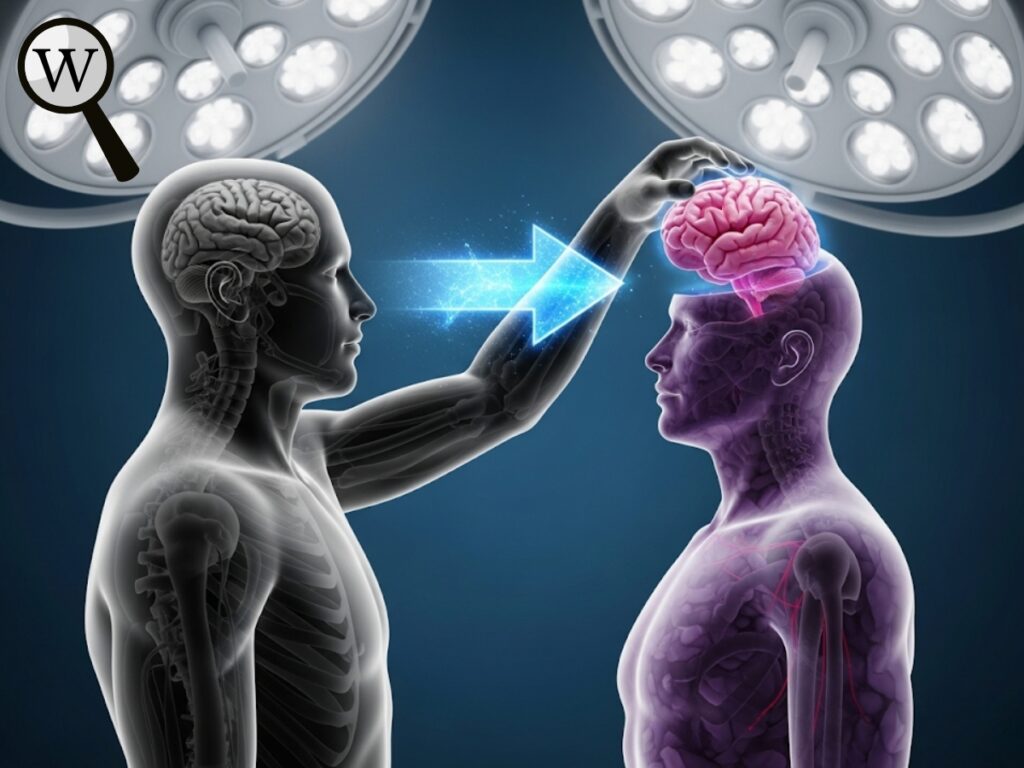
Table of Contents
Brain Transplant A Thought Experiment or Future Reality?
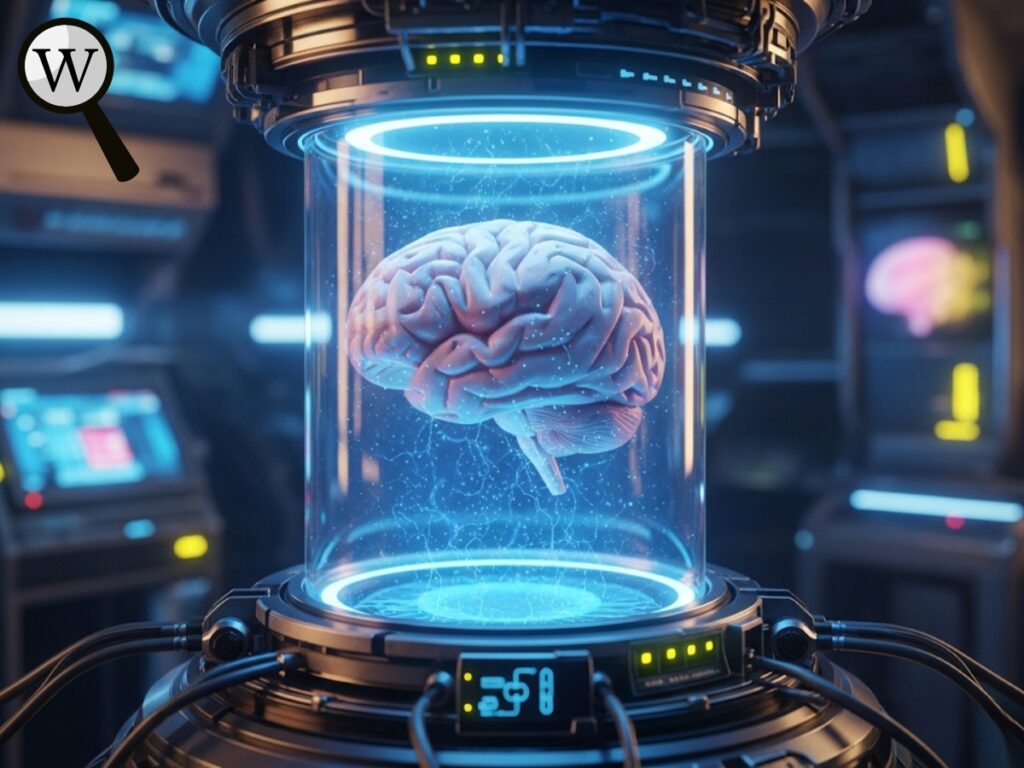
Imagine this: One day, technology advances so far that your brain can be transplanted into a new body. Would you wake up in this new body and still feel like yourself? Would your memories, thoughts, and personality transfer perfectly — or would something fundamental be lost in the process?
This isn’t just science fiction. It’s a fascinating question rooted in the real science of neuroscience, consciousness, and identity. If you’ve ever wondered what truly makes you “you,” this is the article you need to read.
What Science Says About Your Brain and Identity
Modern neuroscience is remarkably clear on one thing: your brain is where your identity lives. It’s home to your memories, thoughts, language, behaviors, and personality traits. Everything you consider “you” exists within the trillions of connections in your brain. Your body simply carries out the instructions your brain gives it.
Consider this: when people suffer brain injuries, their personalities, memories, and behaviors can change dramatically. This alone shows how deeply tied our identity is to our brain, not our bodies.
Neuroscientists often liken the brain to a hard drive — it stores your data: your fears, ambitions, habits, and even your deepest secrets. If that hard drive were moved into a new computer (your body), the files wouldn’t change. Your data, your “self,” would still be intact.
These studies consistently support the idea that consciousness, personality, and identity are products of brain function, not something tied inherently to your physical body.
Brain Transplants: Science Fiction or Future Medicine?
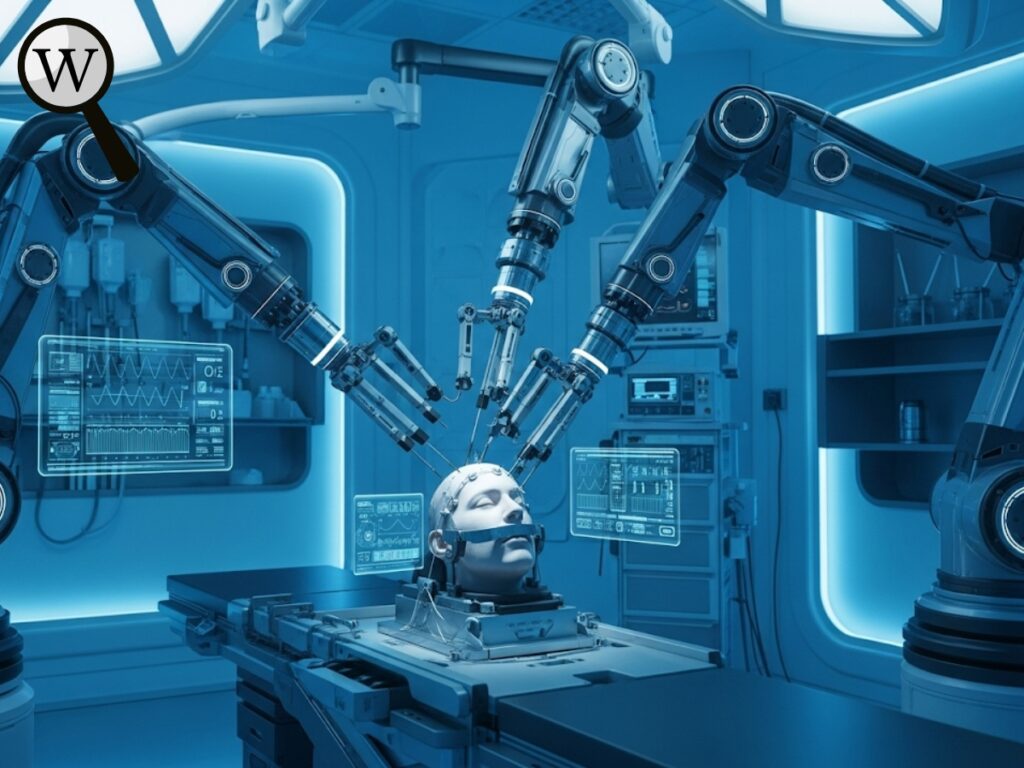
As of today, no successful human brain transplant has ever been performed. The technology simply isn’t there. Why? Because reconnecting the brain’s billions of neural pathways to a completely new body’s spinal cord, nervous system, and organs is beyond the reach of current medical science.
While some scientists and surgeons, such as Dr. Sergio Canavero, have proposed controversial surgeries like full head transplants, these have never been successfully completed on a human. Even in animals, these procedures have only resulted in short-term survival and are widely considered unethical and impractical.
If one day such a procedure became possible, it would revolutionize medicine, but it would also force us to answer uncomfortable philosophical and legal questions about the nature of identity, humanity, and personhood.
Does Your Soul Stay With Your Body or Your Brain?

Even if science could transplant a brain, another question arises: what about the soul?
Many religious and spiritual traditions believe that a person’s soul is not stored in their brain. According to these beliefs, even if your memories and personality move with your brain, your soul remains with your original body or transcends in a way science cannot measure.
Science can’t answer this question definitively. The soul, if it exists, lies outside the scope of neuroscience. But it’s an important reminder that our sense of identity isn’t purely biological for many people; it’s also deeply tied to faith, belief, and philosophy.
The Philosophical Debate: Are You More Than Your Brain?
Philosophers have long debated the concept of the “self.” Descartes said, “I think, therefore I am,” placing consciousness at the center of existence. Under this logic, if your thoughts and awareness travel with your brain, so does your essence.
However, some argue that your body, your interactions with the world, and even your hormones shape who you are just as much as your brain does. In this view, moving a brain might preserve your memories, but not necessarily your feelings, behaviors, or how others perceive you.
Ultimately, the question becomes: is who you are simply the sum of your thoughts and memories, or something deeper?
Why This Matters in the Real World
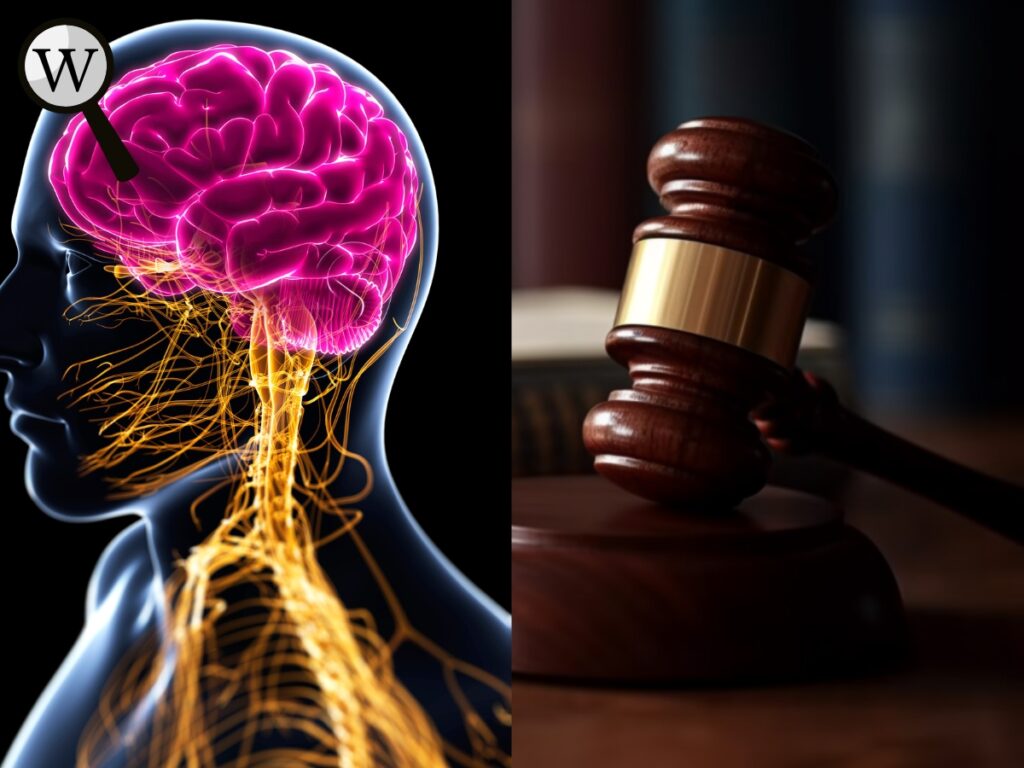
Beyond science fiction, this discussion isn’t just theoretical. It affects how we think about:
- Organ transplantation: Are you still the same person after receiving another person’s heart or liver?
- AI and consciousness: If we could upload a mind to a machine, is that still “you?”
- End-of-life care: How we define death — is it when the brain dies or when the body does?
These questions shape medicine, ethics, and even future laws. If consciousness can be moved, our entire understanding of life and death could change.
What About Brain Transplant Survival Rate?
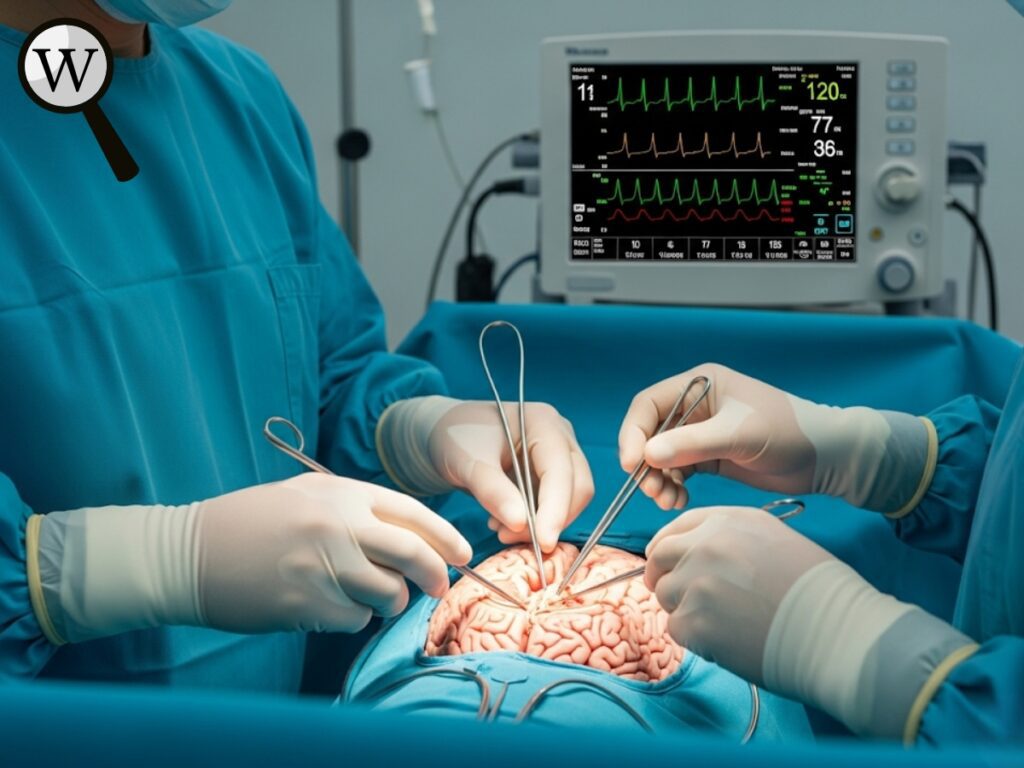
Let’s assume science overcomes the near-impossible task of transplanting a human brain — the next big question becomes:
Would the person even survive it?
🧠 The Reality: No Documented Survival
To date, there has never been a successful brain transplant, so we don’t have real survival rate statistics for this operation. What we do have, however, are insights from related high-risk surgeries and experimental animal procedures, which help paint a grim but realistic picture.
🧪 Animal Experiments and Head Transplants
In the 20th century, controversial Soviet experiments involved transplanting the heads of dogs. The dogs survived only a few hours or days post-operation. More recently, in 2017, Dr. Sergio Canavero claimed to have performed a successful head transplant on a corpse, connecting nerves and blood vessels, but not a living, functioning transplant. There is no peer-reviewed data to support long-term survival in any of these attempts.
💉 Why Is Survival So Low?
There are several major obstacles:
- Spinal cord reconnection: We currently cannot reconnect a severed spinal cord — a major requirement in full brain or head transplants.
- Immune rejection: The recipient’s immune system would likely reject the brain tissue unless suppressed — which increases the risk of deadly infection.
- Blood flow and oxygen: Even milliseconds of interrupted oxygen during transplantation can cause irreversible damage to brain cells.
- Neurological integration: There is no known method to restore functional communication between a transplanted brain and a new body.
In short, a 0% survival rate remains the current reality for human brain transplantation.
🏥 What About Other Neural Transplants?
In contrast, partial brain-related procedures like deep brain stimulation (DBS) or stem cell injections into the brain show promise in treating neurological disorders such as Parkinson’s or epilepsy — but these are not full transplants, and survival rates are far higher because they don’t involve replacing the entire brain.
Is It Ethical to Even Attempt It?

Many bioethicists argue that even if the technology existed, the question wouldn’t be can we do it, but should we do it?
- Who would the person be after the surgery — the donor or the recipient?
- What are the rights of the new person with a different brain?
- Is it morally acceptable to alter identity through transplantation?
These aren’t just sci-fi questions — they’re deeply human dilemmas with real implications if brain transplants ever become feasible.
Sources for Further Reading:
- NIH – Brain as the Seat of Consciousness
- Scientific American – Understanding Consciousness Goes Beyond Exploring Brain Chemistry
- Sergio Canavero’s Head Transplant Claims
- Ethics of Head Transplants – NIH
Final Thought: Who You Are Lives in Your Head
For now, brain transplants remain in the realm of science fiction. But the underlying truth is simple: your brain holds your identity. Your thoughts, memories, personality — they are not stored in your heart, your muscles, or your skin. They live in your neurons.
If technology ever reaches the point where a brain could be moved to another body, that body wouldn’t become a stranger. It would become you. But whether your soul would follow? That’s a question science may never answer.
If this topic intrigued you, share it — because this isn’t just science fiction. It’s a deeper truth about who we really are.
👉 Discover more weird, surprising, and mind-blowing facts in our Facts category!








